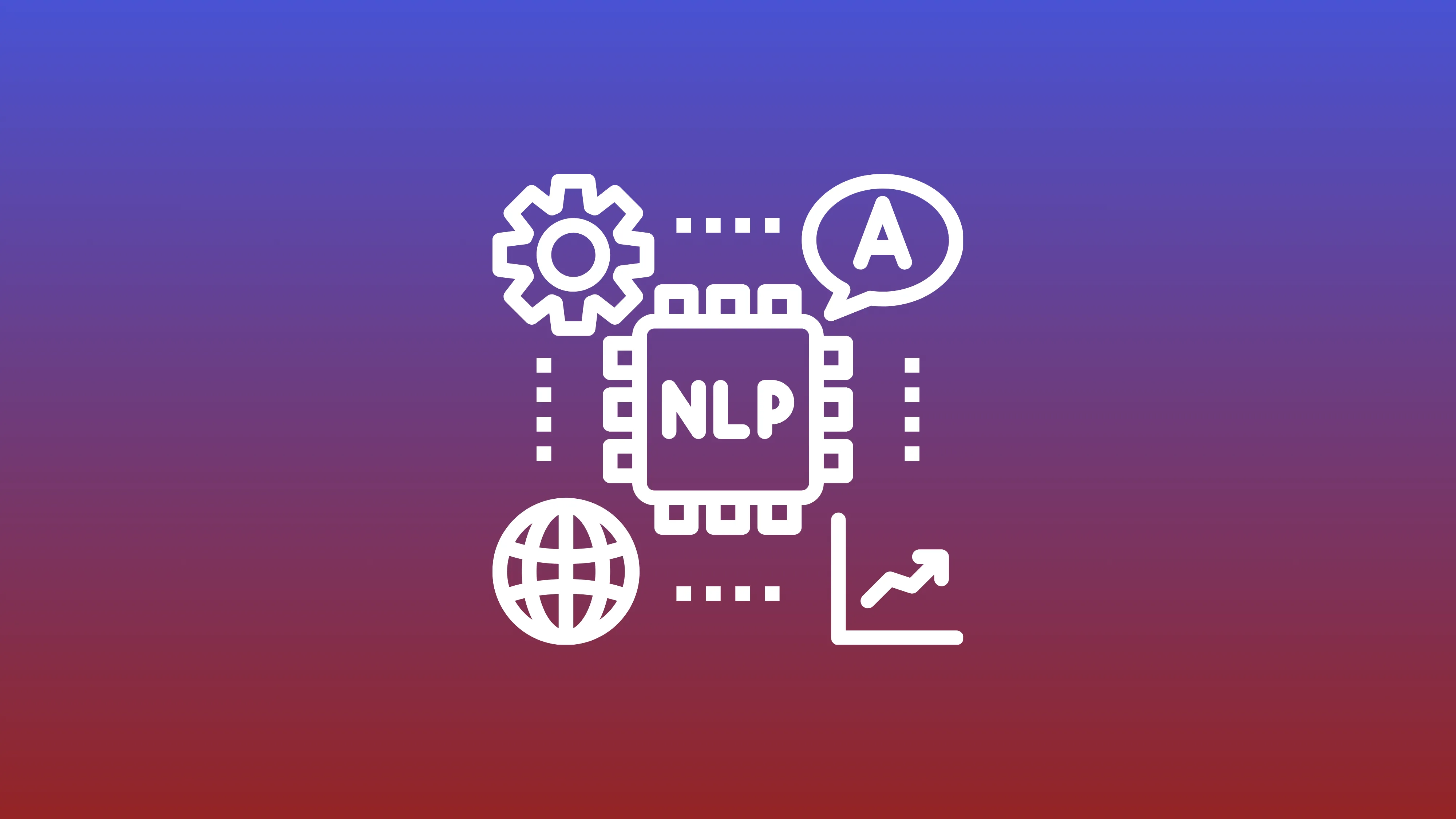Demystifying AI: An Introduction to Artificial Intelligence Basics
Unlock the secrets of Artificial Intelligence: Explore its fundamentals, transformative applications, and the ethical landscape shaping our future with AI.

Artificial Intelligence (AI) has emerged as a seminal technology that promises to revolutionize our professional lives. However, the concept of AI, with its jargon and complexities, can often seem daunting to the uninitiated. This blog aims to demystify AI, breaking down its basics into digestible pieces, and shedding light on its applications, potential, and how it shapes our future.
Understanding Artificial Intelligence Basics
At its core, Artificial Intelligence is the simulation of human intelligence processes by machines, especially computer systems. These processes include learning (the acquisition of information and rules for using the information), reasoning (using rules to reach approximate or definite conclusions), and self-correction (largely still a work in progress).
Types of AI
1. Narrow AI: Also known as Weak AI, this type of AI is designed to perform a narrow task (e.g., facial recognition or internet searches) and operates under a limited pre-defined range or context.
2. General AI: Also known as Strong AI, this type of AI would outperform humans at nearly every cognitive task, possessing the ability to understand, learn, and apply knowledge in different contexts.
Key Components of AI
- Machine Learning (ML): This is the ability of machines to learn from data, identify patterns, and make decisions with minimal human intervention.
- Natural Language Processing (NLP): NLP enables machines to understand and interpret human (natural) languages, facilitating interactions between computers and humans.
- Robotics: This involves designing and constructing robots to perform tasks automatically. Robotics often integrates AI to enhance the robot's decision-making capabilities.
- Computer Vision: Computer vision enables machines to interpret and understand the visual world using digital images from cameras, videos, and deep learning models.
Challenges in Enhancing AI Accuracy
Enhancing the accuracy of AI systems is fraught with challenges, including:
- Data Quality and Availability: AI models are only as good as the data they're trained on. Insufficient or low-quality data can significantly impair model accuracy.
- Model Complexity: Highly complex models may achieve better accuracy but at the cost of transparency and understandability, making it difficult to diagnose and correct errors.
- Bias and Fairness: Unaddressed biases in training data can lead to skewed results, affecting the accuracy of AI systems across different demographics.
Applications of AI
AI applications are vast and varied, infiltrating every sector from healthcare to finance, and beyond:
- Healthcare: AI algorithms can analyze complex medical data, assist in early diagnosis, and personalize treatment plans.
- Finance: AI is used in algorithmic trading, fraud detection, and customer service automation.
- Retail: AI enhances customer experience through personalized recommendations and improves inventory management.
- Transportation: From self-driving cars to optimized route planning, AI is revolutionizing how we move.
The Future of AI
The potential of AI is imagination inspiring, with future advancements poised to bring never-before-seen innovations. However, alongside its benefits, AI raises ethical considerations regarding privacy, security, and the impact on employment. As we forge ahead, it's crucial to navigate these challenges thoughtfully, ensuring that AI development aligns with ethical standards and contributes positively to society.
Wrapping Up
Artificial Intelligence, with its ability to mimic human intelligence and improve efficiency, holds the key to future technological advancements. By understanding its basics, types, and applications, we can demystify AI and embrace its potential to transform our world. As AI continues to evolve, staying informed and engaged with its developments will enable us to harness its benefits while mitigating its risks.
In navigating the complexities of AI, we stand on the brink of a new era of innovation, where the integration of artificial intelligence in our daily lives is not just a possibility but a reality. Let's continue to explore, learn, and grow with AI, shaping a future where technology and humanity converge for the greater good.
If you're ready to take the next step in elevating your research journey, join our journey toward trustworthy and accurate AI - up for ScholarAI here.